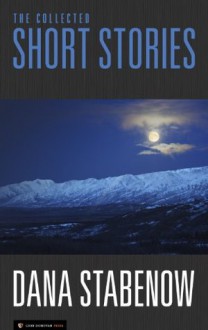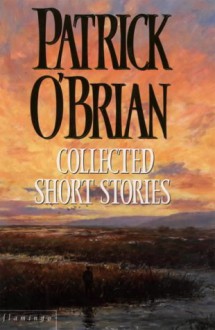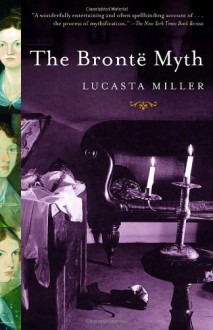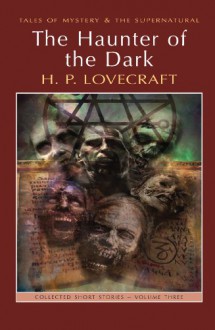
For some reason, "The Collected Short Stories" are not available as an audiobook, so I've picked up the ebook version and I'm having to imagine Marguerite Gavin's voice in my ear as I read.
I bought the collection because I wanted to see how Dana Stabenow handles the short story form and I wanted to know more about Kate Shugak. Having read all of the Kate Shugak series, I was a little miffed to find that some of the events in the twentieth book are triggered by Kate's actions in a short story I hadn't read. So now I'm catching up.
The collection is split into five parts: eight Kate Shugak stories, two Liam Campbell stories, three "Alaska" stories, a Star Svendotter story and two Mnemosynea stories, a completely new universe for me that turned out to be great fun. There are also excepts from "A Cold Day For Murder", "Fire And Ice" and "Second Star"
The Kate Shugak stories were a welcome opportunity to get my imagination back into that universe and remind myself of why I enjoyed being there so much.
The first one "Nooses Give" is the one that later causes Kate so much trouble. It takes place a little before the first book, "A Cold Day For Murder" and shows a Kate who is both haunted and fierce. The story is told in a stark, matter-of-fact style that is quite chilling. The economy of the text has confidence of a Japanese line drawing: If I hadn't already read the Kate Shugak novels, this story would have had me reaching for them.
"Wreck Rights" is a mini-mystery that I enjoyed mainly for the chance to revisit that period where Kate was intentionally driving Jim crazy by making him aware that, even though he'd left her, he couldn't be in the same room as her without being distracted.
"Siren Song" stands out as a first-rate short story, rather than a vignette from a larger piece. The non-linear structure of the story is a perfect fit for the content and the question of "was justice done" gets a more complex answer than usual.
"The Eyak Interpreter" is fun because it's told from Johnny's point of view in the form of a series of blog posts. "Any Taint Of Vice" could have been a good main plot in a novel but felt a little rushed in short story form.
I've never really liked Liam Campbell but I enjoyed the books despite that. They have a harder, less romantic edge than the Kate Shugak books. The sex is more direct, the violence a little more graphic and there is an air of atonement, wrapped in mysticism that the Kate books don't have.
The first Liam Campbell story "On The Evidence" is a good example of what the Liam books have to offer: murders in the snow, fights into the wilderness in alarmingly small planes, dogged detection and a dash of spooky intuition. It's also a well structured short story that is strong enough to stand alone.
"Missing, Presumed..." is a vignette describing the cute.meet between two of my favourite characters in the Liam Campbell books: Bill Billingtong - a strong, older woman who runs a bar / diner and is also the (feared and respected) local magistrate and Moses Alakuyak an elder who hears voices that he drinks to make go away and who, among other things, teaches Campbell Tai Chi. In "Missing, Presumed..." Bill encounters Moses for the first time as juror on a inquest into the death of a sailor at sea that she is presiding over. I enjoyed seeing Bill when she was still coming to terms with being a magistrate and still coming to terms with her strong attraction to Moses.
The Alaskan Stories are connected only by being in Alaska. "The Perfect Gift" is a fun werewolf story, skillfully and stylishly accomplished, that I first encountered in Charlaine Harris' "Wolfsbane and Miseltoe" Christmas anthology. "Gold Fever" is an amusing, if slight, tale of bad people who plan well. "Cheekako" is an atmospheric historical tale of the pragmatic justice meted out during the Klondyke gold rush.
The Star Svensdotter story was an intriguing idea but a little underdeveloped. I'd have preferred to see the situation worked through a little more before a resolution was reached.
The Mnemosynea stories were an unexpected delight. Who knew that Dana Stabenow wrote Sword & Sorcery stories? I really enjoyed the two stories here. The world show is rich with possibilities and the proposition in original and intriguing. I hope Dana Stabenow finds the time to turn this into a novel, or two, or three..

 Log in with Facebook
Log in with Facebook 

















